The Math Behind Slots: Understanding Probability and Payouts

It would not be unfair to say that slots are the foundation of the modern gambling industry. They are certainly the pillar on top of which the iGaming sector was built. The simple reason for the importance and popularity of slots is that they are quite accessible. There is not much that players have to learn about slots gameplay. It ultimately comes down to spinning a reel and hoping for the best.
The classic slots gameplay is not really conducive to strategy. It is why pokies are so intricately tied to the gambling industry. Many of the new fans at https://casinodays.com/ca/casino/slots begin with slots because they see the games as simple and easy to understand. But there are those who would argue that math actually plays a big role in a game of slots.
Beneath the whimsy and fun that powers the average slot game lies a cold machine that runs on probability. While it is not likely that players can use mathematics to advance their game, it is also false to say that the concept plays no role in the experience. The goal we’ve set out is to examine the math behind slot games.
The Inner Workings of Slots
Slot machines have always seemed incredibly simple. The players pull a lever and they hope for the best outcome on the reel. Even the first slot game created over a century ago ran like that. But digital games came along and had a profound effect on the industry. The developers of these slots understood that players want a game that is entirely random. The only thing that they could possibly do is implement some sort of random number generator at the core of online slots.
Even the slot games found at land casinos today operate on this system. The machines are powered by a software programmed to spew random numbers with each spin. The numbers connect to symbols and result in completely random outcomes on the board. The implementation of a random number generator worried many of the early players. They saw the whole system as rigged. But the truth of the matter is that RNGs are the closest way to approximate the sheer randomness of the average dice roll, or in this case slot spin.
The implementation of a random number generator worked wonders for the industry in the long run. It is unlikely that we would have gotten the slew of new and exciting slot games that exist at online casinos today without an RNG software. Cascading slots in particularly are hugely reliant on the generator to work as intended. These games don’t just require the software to engage when a player spins. They also demand that the mechanism continue to operate throughout the game in order for new symbols to fall on the board.
Explaining Return to Player
Return to player is perhaps one of the most misunderstood gambling concepts in the current market. The RTP is often expressed as a percentage and is a number that one must always keep in the back of their head when gambling. A return to player percentage represents how much of the overall amount of money wagered a slot machine will eventually return. The key thing to note here is that it does not refer to how much money each individual player will get.
Online slots have a typical RTP of around 95%. That means that for every $100 the slot will return $95 in the long run. This doesn’t mean that whenever a player wagers a set amount of cash that they will get a 95% return. It is entirely possible for a gambler to bet thousands and not get anything at all. So how exactly does the RTP work?
The $95 that are being returned will be distributed across all the players that are engaged with the game. Most will only experience a small fraction of that cash. There are certainly those who might get lucky and hit a jackpot now and then. But anyone who has taken a good calculus course understands that there are now 5% remaining. Some of our intrepid readers may be wondering where that remaining percentage goes?
Understand The House Edge
Every gambler has heard that the house always wins. The phrase is often parroted by amateurs with the intention of conveying that casino games are rigged. The truth is that this quote does not mean what most think it does. The house always wins is a phrase meant to signify that the casino is a business and will make money no matter what. But the sliver of truth that does exist in the way the quote is often given is that every casino game comes with a house edge.
The house edge is the percentage that stands directly opposite of the return to player. It is a number that denotes how much of the total money wagered on a game the casino will retain. The average slot with a 95% RTP will retain 5% of the income for the casino. The simple explanation is that for every $100 wagered the house will get $5. Understanding the RTP and house edge are only the first steps though. What most really care to learn about is the payout.
What You Need to Know About Payouts
Payouts at online casinos are often determined by a simple metric that has come to be called volatility. Slot developers use this term to denote how likely a machine is to actually give a payout. But the difficult part of it is that there is no real way to give a percentage for volatility. That is why many affiliate platforms and even casinos have opted to use simple descriptive terms. Volatility can range from low to high and anywhere in between.
A low volatility slot game means that the player is far more likely to get a payout. These slots are often enhanced with wild symbols and free spin bonuses. But there is a downside that might not sit right with some. Low volatility slots tend to offer lower payouts. High variance games stand on the opposite extreme. They often feature no bonus options, which means that they pay out a lot less frequently. But the payout is usually mighty high.
Frequently Asked Questions
How do you add and subtract mixed fractions?
To add or subtract mixed fractions, first convert them to improper fractions. Then, for addition, add the numerators and keep the same denominator. For subtraction, subtract the numerators while keeping the same denominator. Afterward, simplify the result if possible by reducing it to the simplest form. For more detailed steps and examples, you can refer to the EffortlessMath.com page on adding and subtracting fractions.
How do you multiply and divide decimals?
When multiplying decimals, you multiply the numbers just like whole numbers, but then count the total number of decimal places in the numbers you’re multiplying and place the decimal point in your answer that many places from the right. When dividing decimals, you move the decimal point to the right in both the dividend and divisor until the divisor is a whole number, then divide as you would whole numbers. For more in-depth explanations and practice problems, you can check out these resources on EffortlessMath.com: Decimals Multiplication and Decimals Division.
What is a growing pattern?
A growing pattern in math refers to a sequence of numbers or shapes that follow a specific rule to increase or expand in a predictable way. For example, if you start with 1 and keep adding 2 to each subsequent number (1, 3, 5, 7, …), you have a growing pattern. Understanding growing patterns can help students develop their problem-solving and critical thinking skills, which are essential in math. To explore more about patterns and sequences, you can visit EffortlessMath.com.
Related to This Article
More math articles
- How to Identify Expressions and Equations?
- 4th Grade STAAR Math FREE Sample Practice Questions
- How to Detecting Limits from Graphs
- Estimating Sums
- Overcoming Mental Blocks in Algebra: A Student’s Guide
- How to Write Best Fit Line Equations
- How to Graph Trigonometric Functions?
- Top 10 Free Websites for HSPT Math Preparation
- How to Factor Polynomials by Taking a Common Factor?
- Algebra Puzzle – Critical Thinking 11
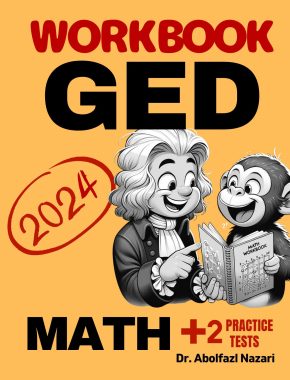

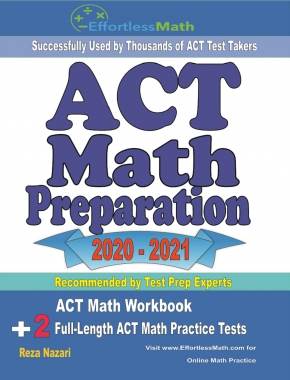

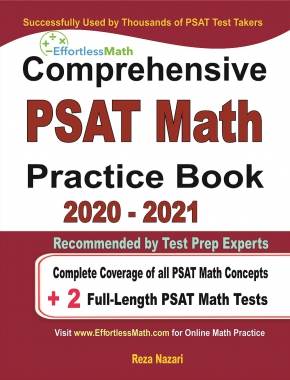
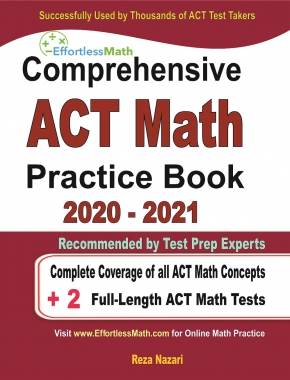

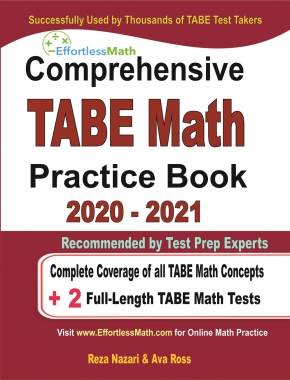
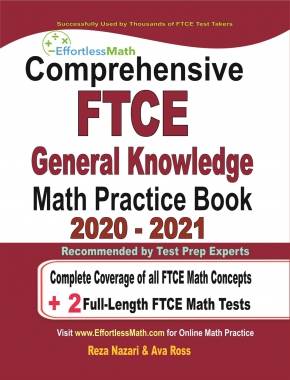
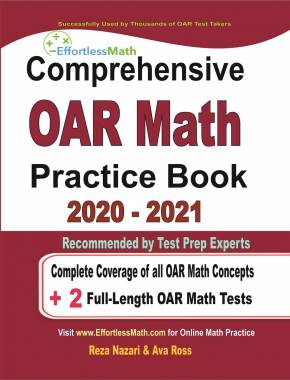
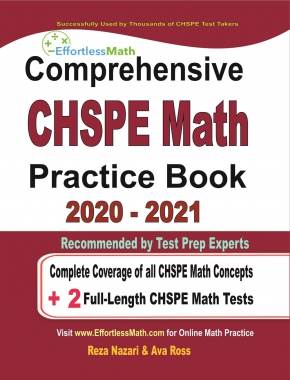
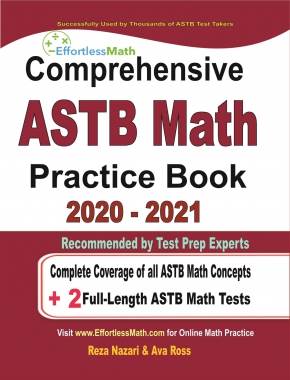
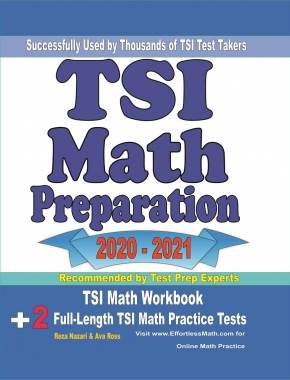
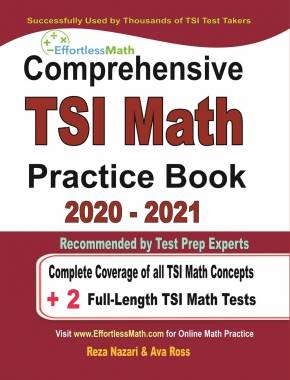

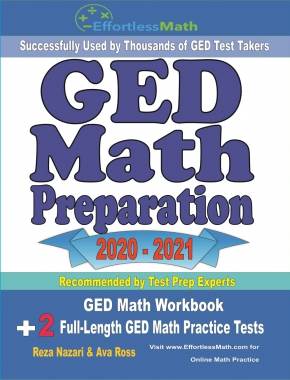

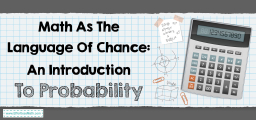
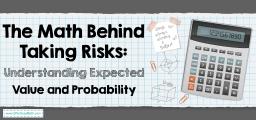
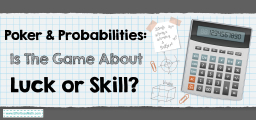

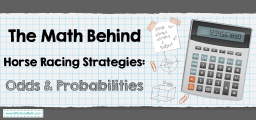


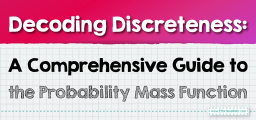


What people say about "The Math Behind Slots: Understanding Probability and Payouts - Effortless Math: We Help Students Learn to LOVE Mathematics"?
No one replied yet.